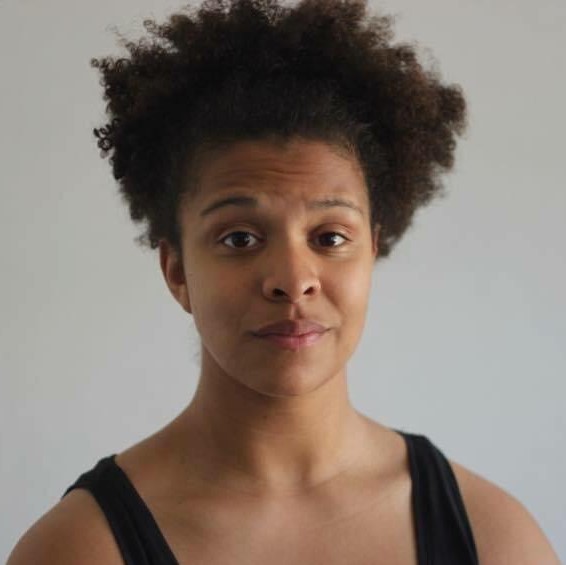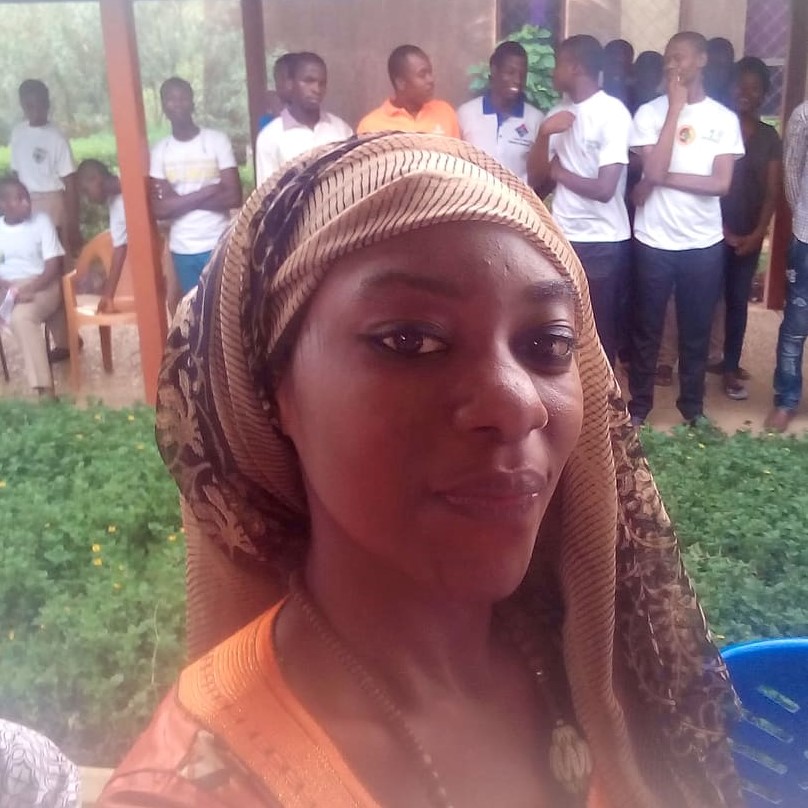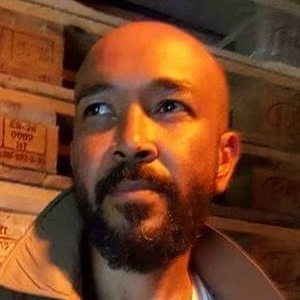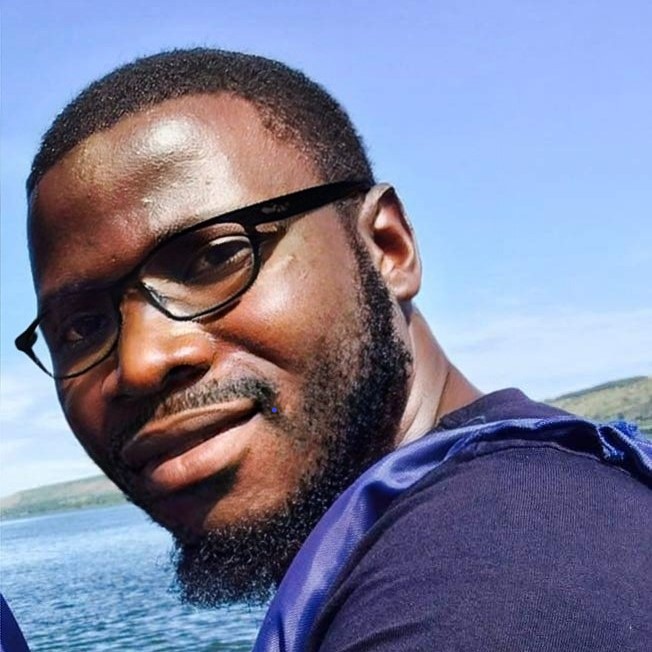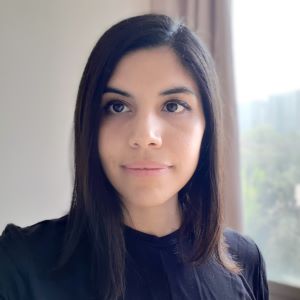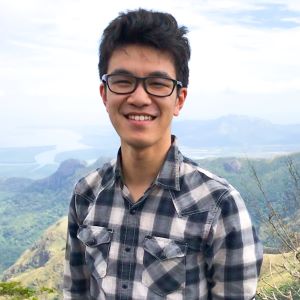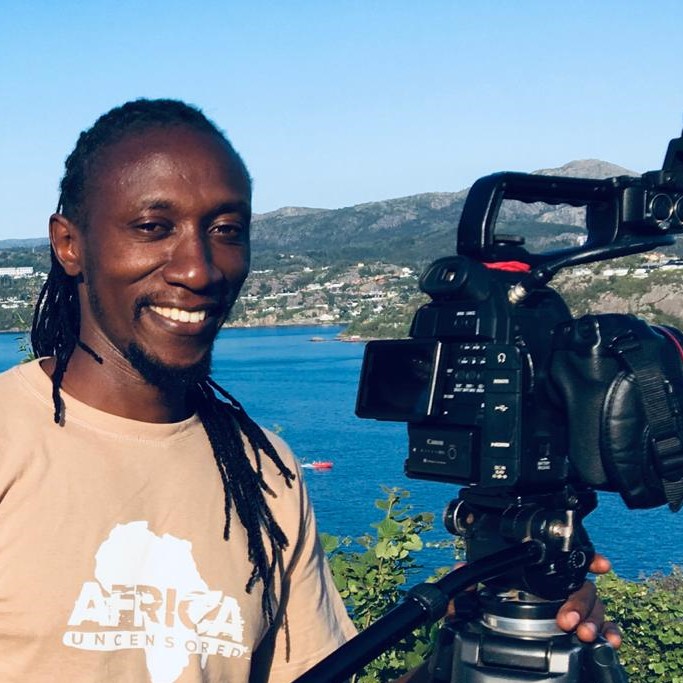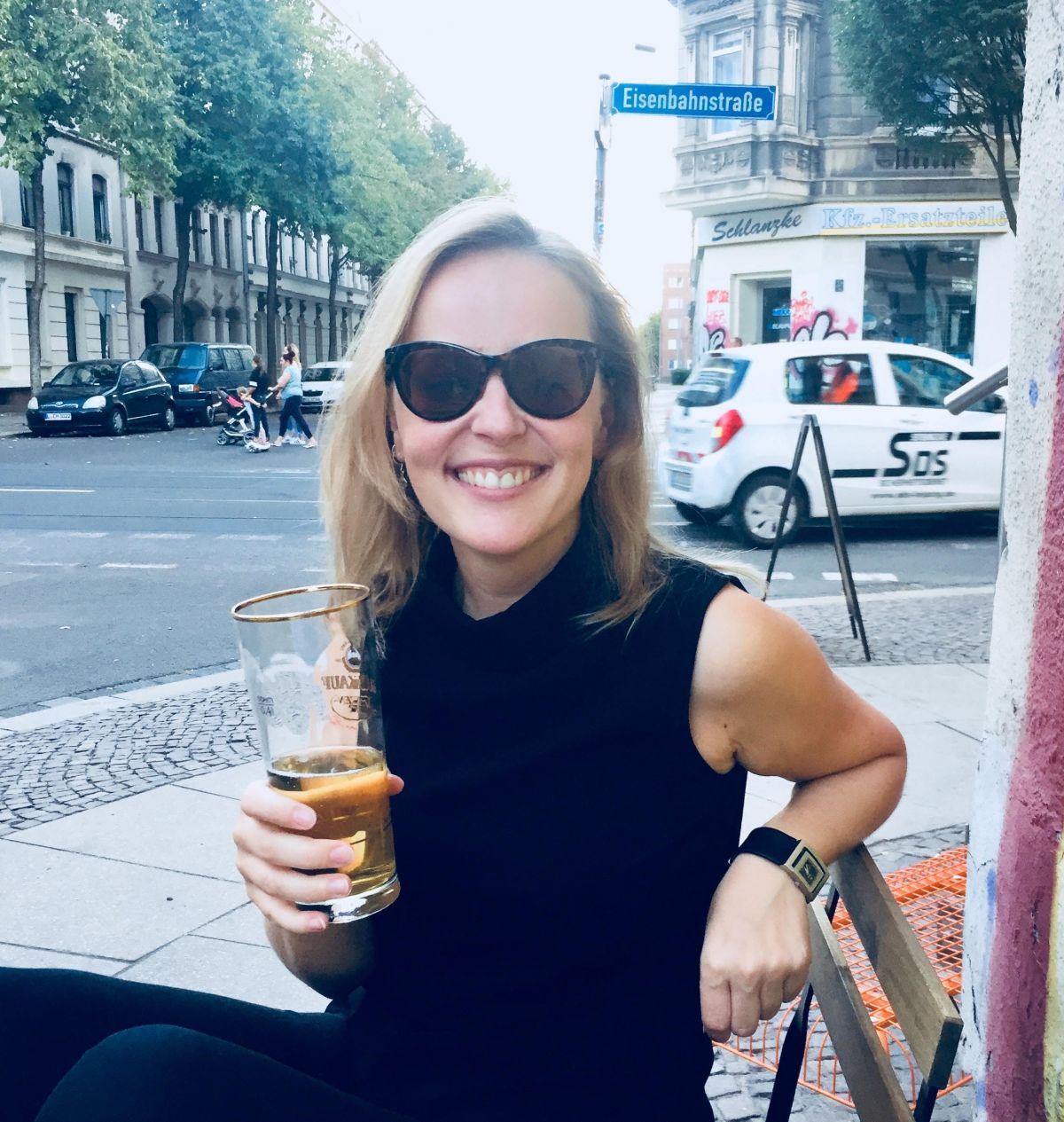Black lives matter : Une expérience dans le train
En tant que femme noire ici aux Pays-Bas, je ne suis peut-être pas assassinée pour la couleur de ma peau, mais cela ne veut pas dire que le racisme n’existe pas aux Pays-Bas.
Netherlands, Western Europe
Story by Naomi Beijer. Translated by Johane Gely
Published on July 25, 2022.
This story is also available in 





“Vous vous sentez bien ici ?”
J’en ai presque douté moi-même lorsque le contrôleur a posé cette question. Apparemment, il est nécessaire que cette personne me demande cela. Un peu plus tôt, nous avions échangé nos regards, et celui qu’il m’avait porté prédisait déjà qu’il allait me demander cela. Je me suis sentie mal à l’aise quand mes soupçons se sont confirmés.
“Oui, j’ai le droit de m’asseoir ici. J’ai un billet de première classe valide. Mais...pourquoi me posez-vous cette question ?” J’ai tout simplement demandé. Je ne pouvais pas me taire. Et pourquoi le ferais-je ? Je pense que j’ai surpris le contrôleur exprimant des préjugés. Sa question en elle-même ne semble pas si terrible. Mais le regard qu’il m’a lancé, l’intonation et l’explication qui ont suivi m’ont mise de plus en plus en colère.
“Oui, vous êtes assise ici toute seule. C’est étrange.” Est-ce si étrange que je sois assise ici ? Suis-je peut-être trop jeune pour être en première classe ? Ou trop noire ? Aurait-il posé la même question à un homme blanc plus âgé s’il était assis ici seul ? “En effet, je suis assise ici toute seule. Par contre, je ne comprends toujours pas pourquoi vous me posez cette question.” “On en profite de nos jours.” Est-ce qu’il dit qu’il suppose que j’en profite ? Je pense qu’il est très clairement indiqué ce qu'est la première et la seconde classe. Je suis délibérément assise ici avec un ticket valide. “Je ne ferais jamais cela Monsieur. Je sais que c’est la première classe. Je trouve votre explication un peu étrange. Surtout avec tout ce qui s’est passé cette semaine.” [1]
Son émetteur-récepteur s’éteint. C’est une bonne raison pour le contrôleur d’interrompre la conversation. Je vois le malaise dans son langage corporel et il se précipite dans une autre cabine. Je suis laissée en plan en pensant qu’il reviendrait finir notre conversation, mais plus tard je vois qu’il est train de m’éviter. Très regrettable.
Ne vous méprenez pas. En général, j’ai une bonne vie. On m’a permis d’étudier, j’ai ma mère et j’ai un petit ami sympa. J’ai un bon travail et dans l’ensemble, je suis heureuse. Mais ces incidents d’apparence innocente m’arrivent trop souvent. Quand j’achète un couteau dans un magasin, les gens me fuient. Quand je vais au théâtre, on me contrôle, on me vérifie et on se moque de moi. Les gens m’insultent lorsque je les critique. Les gens sont surpris lorsqu’ils me voient à des réunions professionnelles parce que « je fais une apparence spéciale ». Je ne vais plus me taire à ce sujet. Je ne suis ni plus ni moins qu’un autre. Ça suffit. Black Lives Matter.
C’est une phrase incroyable, en fait. Elle implique tellement de choses. Elle indique une différence. Une différence dans la manière dont les personnes sont traitées. Une différence dans la façon dont la vie dans ce monde est apparemment différente pour les personnes non blanches et pour les personnes blanches. C’est une phrase que j’espérais ne pas avoir à prononcer. Mais le mois dernier, j’ai dû la crier. La différence peut-être grande, comme aux USA. Mais également subtile et venimeuse, comme c’est souvent le cas ici aux Pays-Bas. Dans ce pays, elle n’est pas seulement dans la communication entre les gens, mais elle est ancrée dans nos systèmes. Pensez au profilage ethnique au sein de l’administration fiscale et douanière, aux chances structurellement amoindries pour les demandes d’emploi, et aux faibles recommandations pour les écoles.
Et surtout : cette différence est là, consciemment et inconsciemment. Les préjugés sont humains, ils nous permettent de comprendre le monde qui nous entoure, mais ils n’ont pas à être exprimés. Je ne crois pas que le contrôleur ait eu conscience d’exprimer ses préjugés, mais cela indique à quel point ils sont profonds.
Ce récit a été initialement écrit par Naomi en néerlandais.
Notes
[1] Cette conversation s’est passée la même semaine où a eu lieu une manifestation Black Lives Matter à Amsterdam, ce qui a suscité beaucoup de discussions (juin 2020). Il y avait ausi une controverse sur s’il était raisonnable de manifester en temps de Corona.
How does this story make you feel?
Follow-up
Do you have any questions after reading this story? Do you want to follow-up on what you've just read? Get in touch with our team to learn more! Send an email to [email protected].
Talk about this Story
Please enable cookies to view the comments powered by Disqus.
Subscribe to our Monthly Newsletter
Stay up to date with new stories on Correspondents of the World by subscribing to our monthly newsletter:
Other Stories in Français
Explore other Topics
Get involved
At Correspondents of the World, we want to contribute to a better understanding of one another in a world that seems to get smaller by the day - but somehow neglects to bring people closer together as well. We think that one of the most frequent reasons for misunderstanding and unnecessarily heated debates is that we don't really understand how each of us is affected differently by global issues.
Our aim is to change that with every personal story we share.
Community Worldwide
Correspondents of the World is not just this website, but also a great community of people from all over the world. While face-to-face meetings are difficult at the moment, our Facebook Community Group is THE place to be to meet other people invested in Correspondents of the World. We are currently running a series of online-tea talks to get to know each other better.











